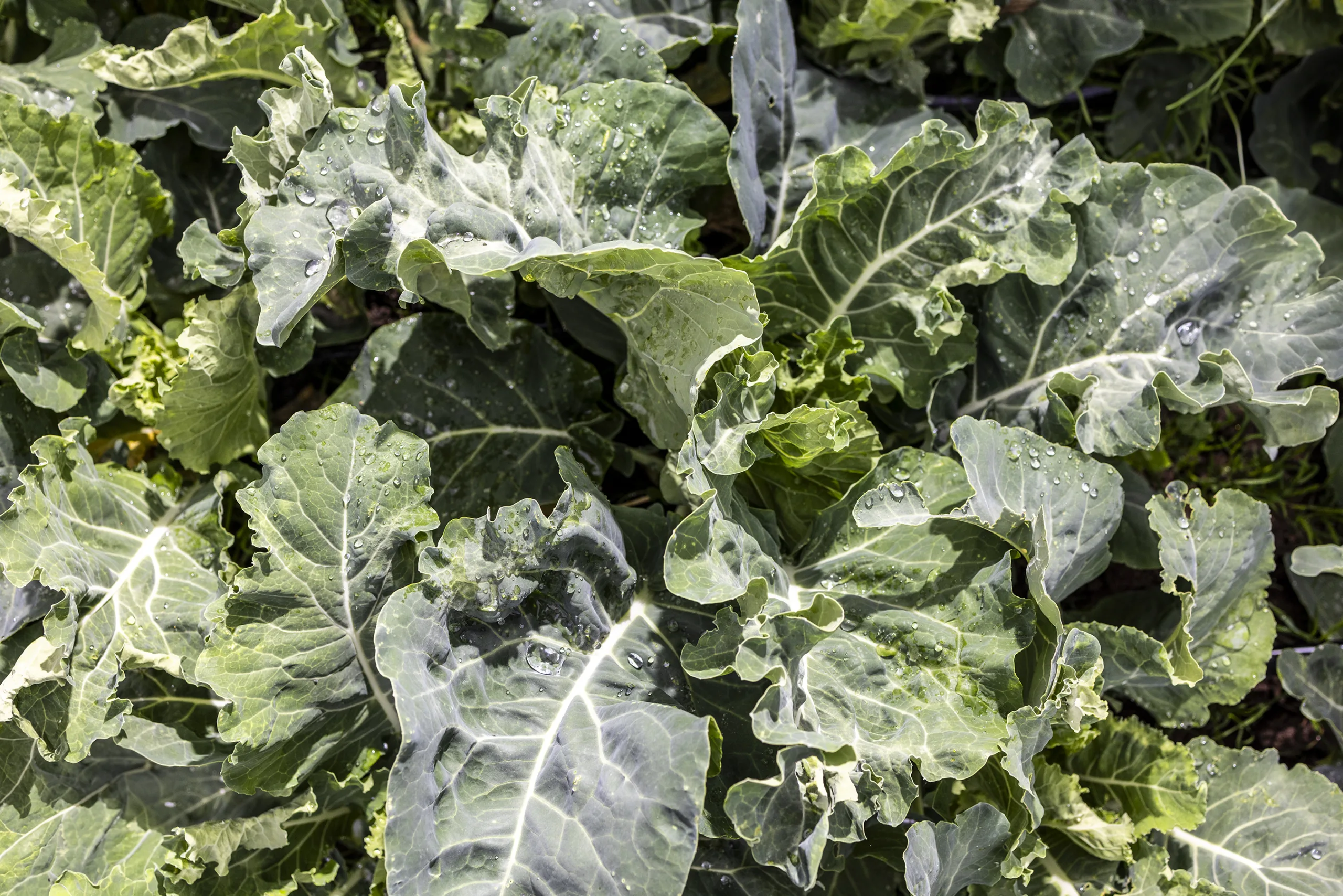Greens: Super Foods for Cognitive Health

Brain health has become a prominent nutrition topic which is no small wonder. Six million Americans and an estimated 55 million people worldwide live with Alzheimer’s, a number that is only growing. Only recently has Alzheimer’s Disease been acknowledged as a metabolic disease. Lifestyle choices like exercise, sleep, nutrition, social interaction, stress, and our environments affect our metabolism of nutrients, hormones, and a myriad of compounds that can harm or help our health.
Making healthy food choices is one of the most impactful lifestyle habits for overall health. For example, eating berries has been found to improve cognitive function within hours. Leafy greens are now associated with slowing cognitive decline.
Leafy greens include broccoli, lettuce, kale, chard, collards, and spinach. These greens are particularly rich in folate, lutein, Vitamin E compounds, Vitamin K, and kaempferol. These are nutrients known to reduce inflammation, protecting cells throughout the body. While the US Dietary Guidelines recommend consuming 4-5 servings of fruit and vegetables daily, it is wise to be sure a few of these servings are green leafy vegetables.
The Memory and Aging Project at Rush University evaluated 960 participants for Vitamin K, lutein, beta-carotene, nitrate, folate, and alpha-tocopherol. Those with the highest intake of these nutrients had slower cognitive decline, equivalent to being eleven years younger. All of the nutrients studied were associated with slower cognitive decline except beta-carotene. Eating just one serving* per day of leafy greens had an impact.
In the Chicago Health and Aging Project, 3718 participants were given two to three cognitive assessments and assessed for consumption of fruits and vegetables. Cognitive decline was slower with high intakes of vegetables, while fruit was not associated with cognitive change. Consuming almost three servings of vegetables slowed mental decline by 40%, and those consuming slightly more than four servings a day by 38% compared to those with about 1 serving a day.
A new study published in January in the British Medical Journal shines further light on healthy lifestyle and memory as we age. In this ten-year study, a combination of healthy lifestyle habits slowed memory loss, even for those with ApoE4 genotypes. The ApoE4 genotype is considered a risk factor for earlier memory loss as we age. Researchers identified six lifestyle habits and found that subjects with four or more healthy habits had statistically significant slower cognitive decline. The lifestyle habits included a healthy diet, regular exercise, never or rarely consuming alcohol, never smoking, active social contact, and active cognitive activity. The lifestyle habit with the most influence was a healthy diet. Even more encouraging, those with ApoE4 genotypes were equally protected from memory decline by a healthy diet.
So remember to get your greens every day. You’ll be more likely to remember to eat them tomorrow! One cup a day may be all it takes to protect your memory and slow cognitive decline.
* One serving of leafy greens equals 1 cup of raw or 1/2 cup of cooked leafy greens.
 Registered Dietician Linda Illingworth is the founder of Nutrition Muse and current Director of Nutrition at Lifewellness Institute in Point Loma, CA. She is responsible for patient clinical care and corporate wellness education for local and international corporations. Using the premise that ‘every molecule in your body is sourced from food’, she focuses on food as the foundation for health. She supports her clients through lifestyle changes to make the most impact on health. As a certified specialist in Sports Nutrition, Linda also has specialized training in food sensitivities, supplementation, wellness, thyroid, and cardiovascular nutrition.
Registered Dietician Linda Illingworth is the founder of Nutrition Muse and current Director of Nutrition at Lifewellness Institute in Point Loma, CA. She is responsible for patient clinical care and corporate wellness education for local and international corporations. Using the premise that ‘every molecule in your body is sourced from food’, she focuses on food as the foundation for health. She supports her clients through lifestyle changes to make the most impact on health. As a certified specialist in Sports Nutrition, Linda also has specialized training in food sensitivities, supplementation, wellness, thyroid, and cardiovascular nutrition.
References:
Morris MC, Wang Y, Barnes LL, Bennett DA, Dawson-Hughes B, Booth SL. Nutrients and bioactives in green leafy vegetables and cognitive decline: Prospective study. Neurology. 2018 Jan 16;90(3):e214-e222. doi: 10.1212/WNL.0000000000004815. Epub 2017 Dec 20. PMID: 29263222; PMCID: PMC5772164.
BMJ 2023;380:e072691


